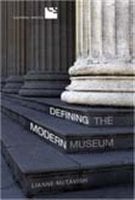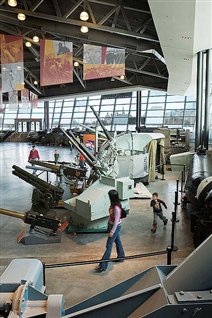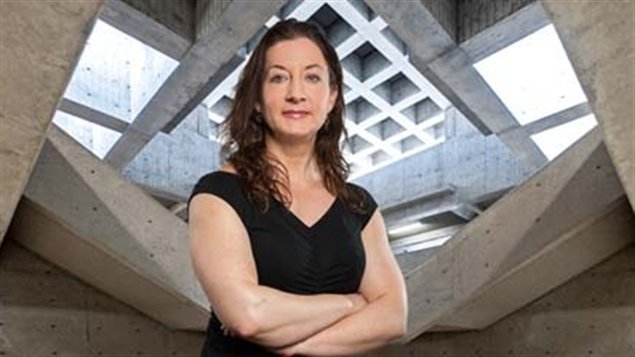It seems the idea of museums, had it’s origins a few centuries ago with the personal collections of the wealthy. They weren’t really museums, rather more like a gathering of curiousities than an organized assembly of artifacts. Gathering marvels and curiousities for the public began in the 1700’s. Since then attitudes and function of museums has evolved
Lianne Mc Tavish is a professor in the Department of Art and Design at the University of Alberta.
ListenShe spent several years researching museums in Canada, the US, and Europe, and has just released a book called “Defining the Modern Museum”. In the 1800’s the ideas of museums began to change with the beginnings of the idea of labeling items and putting at least a little context to them, although the idea of simply marveling at strange objects was still present.

Most museums were still for the most part privately funded and staffed by volunteers.
It seems the idea of professionalism in terms of collecting artifacts and managing museums only came about in the 1930’s and really began to be the norm only in the 1960’s along with the idea of university degree training in various aspects of running a museum.
Professor McTavish notes that museums in the 21st century are facing some major challenges.
While a great deal of information and photos can be found online, seeing the actual item is a much different experience. Visiting a museum is also a much better way to learn about the past she says, if there are staff members who can inform and contextualize the item as well. However, museums everywhere are facing severe budget restrictions.

She notes this means that often there are no trained guides to provide the added information. In addition it is becoming harder for museums to acquire artifacts, and also to even maintain the ones they have, sometimes actually losing items to deterioration.
Professor Lianne McTavish says, losing museums and losing artifacts means the culture suffers, and that a society loses a sense of its past, of its heritage. She says it’s important to see what was mattered to people in the past and why; how they developed solutions to problems, and how all these things brought us to where we are today.







For reasons beyond our control, and for an undetermined period of time, our comment section is now closed. However, our social networks remain open to your contributions.